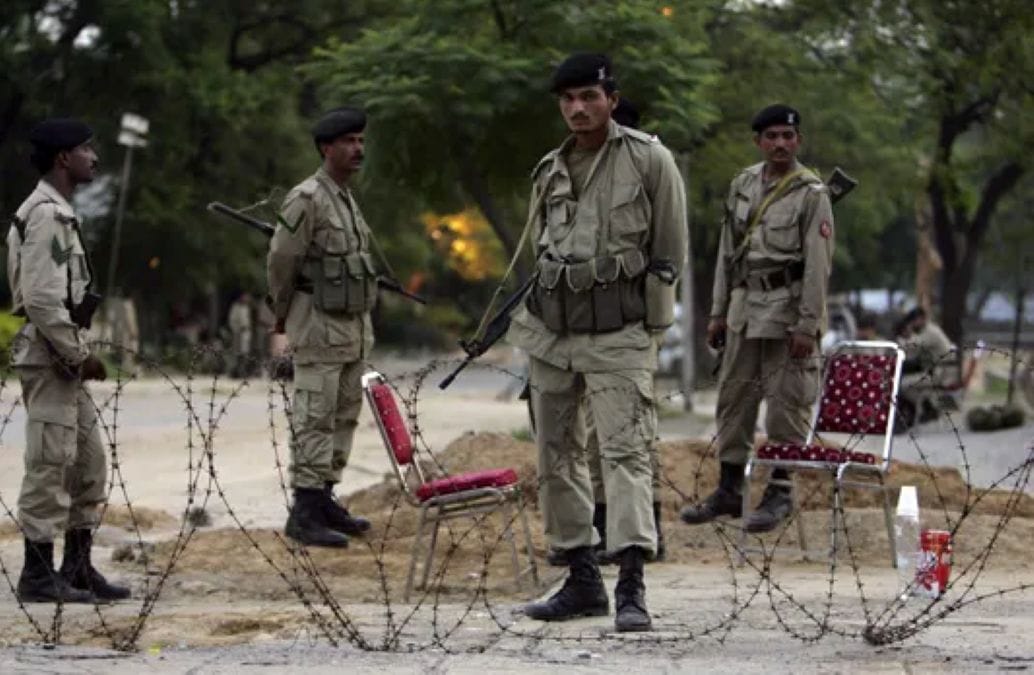The Pakistani military is under increasing scrutiny as its extensive commercial and political involvement comes into the spotlight. A nationwide boycott campaign targeting military-run businesses is gaining traction, highlighting public dissatisfaction with the military’s dual role in politics and commerce.
Public Boycott Gains Momentum
The boycott movement aims to challenge the military’s expansive commercial footprint, which includes industries such as banking, construction, fertilizer, and education, operated through entities like the Army Welfare Trust, Fauji Foundation, and Bahria Foundation. The campaign reflects growing anger among citizens who believe that the military’s focus on non-professional business activities undermines its primary defense responsibilities.
Political and Social Backlash
The boycott follows widespread public outrage over incidents like the military-backed Sharif-Zardari regime’s violent actions against civilians in Islamabad. These events have intensified debates about the military’s political and economic influence. Social media platforms are abuzz with discussions questioning the military’s role in governance and its commercial interests.
Criticism from Human Rights Groups
Human rights organizations have also raised alarms over the oppressive environment in Pakistan, where dissent is being silenced. Journalists and social media activists critical of the regime or the military reportedly face enforced disappearances, adding to the public’s grievances.
Impact on Military’s Image
The boycott campaign directly targets the military’s revenue streams, delivering a clear message of discontent. Analysts suggest that the growing resistance may pressure the military to reconsider its involvement in commercial ventures and focus on its constitutional role.
As the public calls for accountability, the Pakistani military faces a critical juncture. The boycott movement symbolizes a broader demand for change—both in curbing the military’s economic dominance and reducing its political interference. The campaign underscores a growing awareness among Pakistanis of their power to challenge entrenched systems and advocate for a more transparent and equitable governance structure.
